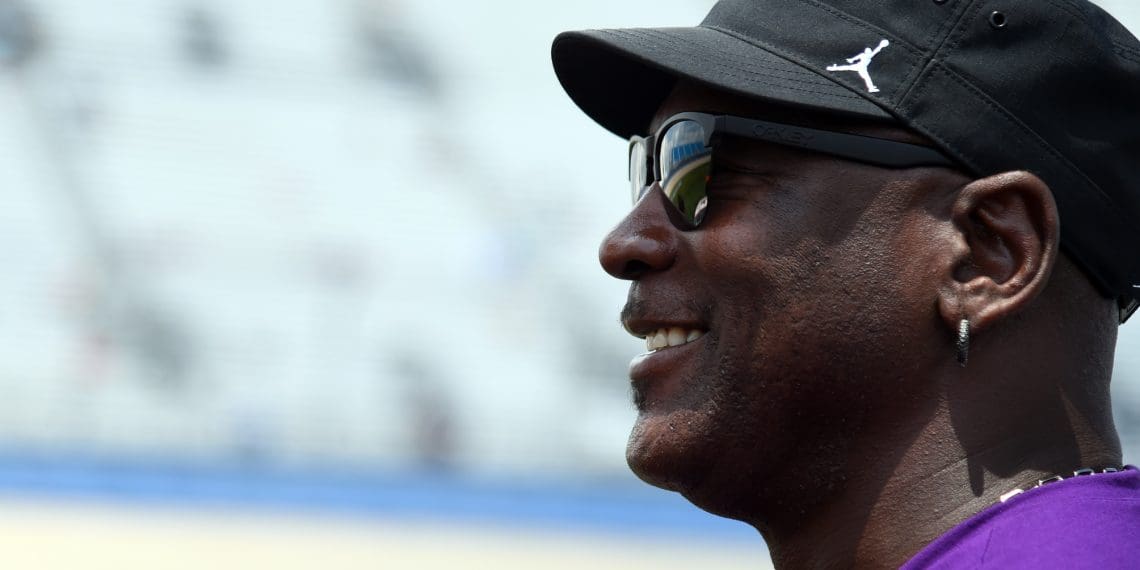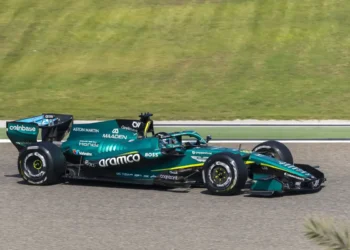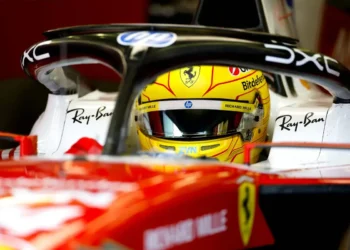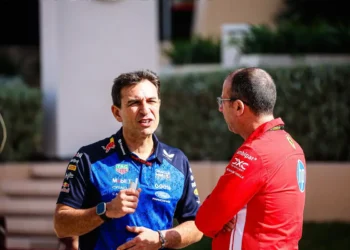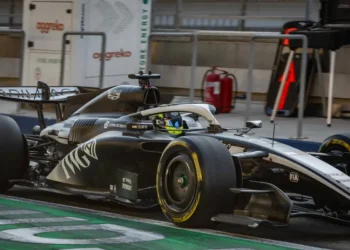The NASCAR world was shaken to its core when 23XI Racing and Front Row Motorsports filed an anti-trust lawsuit, accusing the sport of monopolistic practices. The lawsuit has triggered a wave of controversy and divided opinions across the garage. Many see it as a critical moment in NASCAR’s history, but one prominent voice is stepping up in defense of the sport—Hall of Famer Dale Earnhardt Jr.
In a recent episode of his podcast, Dale Jr. Download, Earnhardt shared his thoughts on the lawsuit and voiced his frustration with the negative portrayal of NASCAR and its leadership, particularly CEO Jim France. For Earnhardt, the criticism stings on a personal level.
“I do not like how NASCAR has been characterized or Jim France has kind of been characterized in some of the comments I’ve read,” Earnhardt said. “To see NASCAR be talked about in a negative way…that’s unfortunate.”
But make no mistake—Earnhardt isn’t shielding NASCAR from all criticism. The two-time Busch Series champion is known for being vocal when he disagrees with the sport’s decisions and isn’t afraid to call out NASCAR on his podcast.
“I’ll criticize them all day long,” Earnhardt asserted. “I have been very critical about them on our show here, and I will criticize them going forward when I feel like I don’t agree with a call or a decision they’re making in the sport.”
What sets Earnhardt apart, however, is the deep emotional connection he feels with NASCAR, a sport that has been an integral part of his life since childhood. His family legacy, coupled with his close ties to current and former drivers, mechanics, and officials, makes the sport more than just a professional arena for him—it’s personal.
“That’s my family,” Earnhardt explained. “They have been everything that I’ve known. That garage, that industry, everyone in it—it’s very close to me and a lot of people in the industry.”
While Earnhardt is fine with criticism coming from within the NASCAR community, what he can’t stand is when outsiders attack the sport. He draws a line between internal constructive criticism and external negative remarks, which he finds disrespectful.
“So, we can criticize it and go ‘Oh that’s B.S. They shouldn’t do that.’ But when someone else comes in the room and says anything negative, you’re like, ‘Woah, you better watch it. Hey now.’”
Earnhardt’s comments reflect a growing concern that external critiques of NASCAR, particularly as it faces one of the most significant legal challenges in its history, could do more harm than good. He’s protective of a sport he feels is misunderstood by outsiders who don’t share the same love and respect for it as those within the racing community.
As the anti-trust lawsuit unfolds, it will undoubtedly be a defining moment for NASCAR, and figures like Earnhardt will continue to defend the sport from those he believes are unfairly tarnishing its reputation. The big question remains: how will this legal battle reshape NASCAR’s future, and can it emerge unscathed from the storm? Only time will tell.

